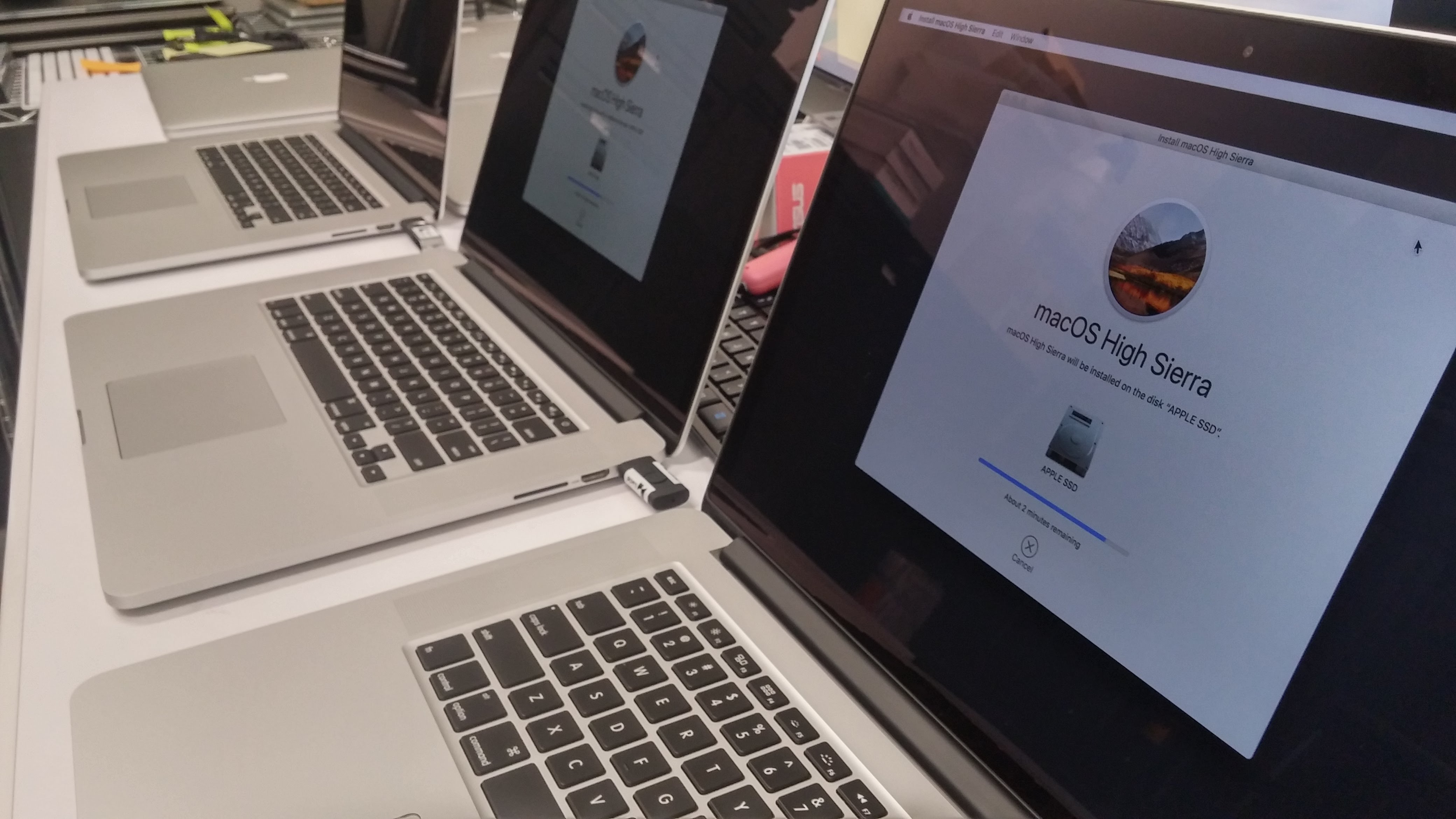
1. Work for a company that hires great people and finds the best fit for each employee
The first year I worked at Lucid, I really loved doing QA and was honestly quite surprised when I was approached to do IT. I expressed some reservations about this new position and wondered if I was qualified enough. I was assured that I was, and multiple examples were cited as to why specifically I was qualified for the position. Fast forward to the present—I love my position in IT and actually feel it is a much better fit for me than QA ever was. What I find remarkable about this situation is that Lucid was able to see something in me that I did not see in myself. Company culture here at Lucid is very important, and “teamwork over ego” is one of our core values. While you may not be able to control your co-workers to make them as amazing as my co-workers, you certainly can have a positive effect by being a leader and an example.2. The stereotypes of IT are true
We have all heard people joke that if something is wrong, you should simply turn it off and back on again. I have been amazed to see how often this actually does fix the problem. This has taught me a couple of valuable principles.Never disregard the simplest solution

Never make assumptions based on past experiences
I have seen this scenario a handful of times in IT: An employee contacts me for help with a certain problem. I show them how to solve the problem. A month or so passes, and the same employee contacts me with the same problem. When I go to help them this time, I go in with the assumption that they have already done the same troubleshooting that I showed them the previous time, resulting in a misdiagnosis on my part. While this is not a common scenario, it does bring up a couple important points that are applicable to more than just IT:- Just because you tell someone something once does not mean they will always remember. Keep in mind that everyone has different experiences, backgrounds, and strengths. It is much easier to remember information related to your strengths.
- Always communicate clearly with people before making assumptions.
3. Plan in advance to plan in advance
For inventory to show up in time, you always have to plan in advance. However, I have often found that planning in advance is often not good enough due to unforeseeable circumstances. For example, if we have 10 new hires starting in two weeks, ordering 10 computers might seem sufficient, but what happens when two of the computers arrive broken, when an employee drops their computer and needs a replacement as soon as possible, or when one of the teams decides at the last minute that they want to hire three additional employees in the next couple of days?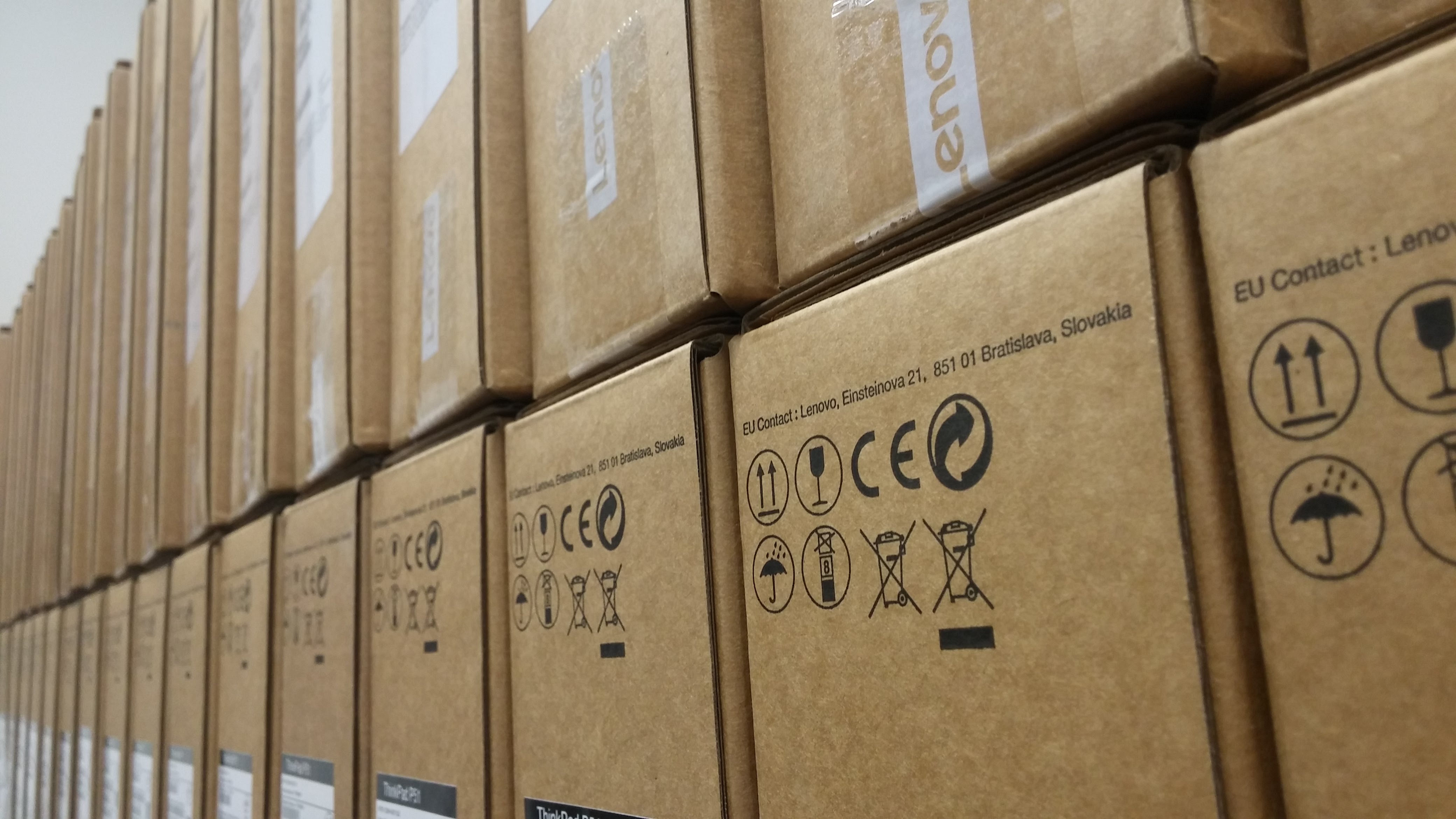
4. Be satisfied with never being satisfied
I like checklists. I like checking things off checklists. I like seeing that my checklist is completely done. You will never see many unread emails in my mailbox because I can’t stand to see that something is not done. Here’s the thing though—I am never completely done. I imagine most people feel the same. When I started in IT, I quickly realized that I would never be caught up with everything. The more employees we get, the more I am interrupted. There are many days where I am never even able to begin my sprint work because I am continuously interrupted with IT requests of one form or another.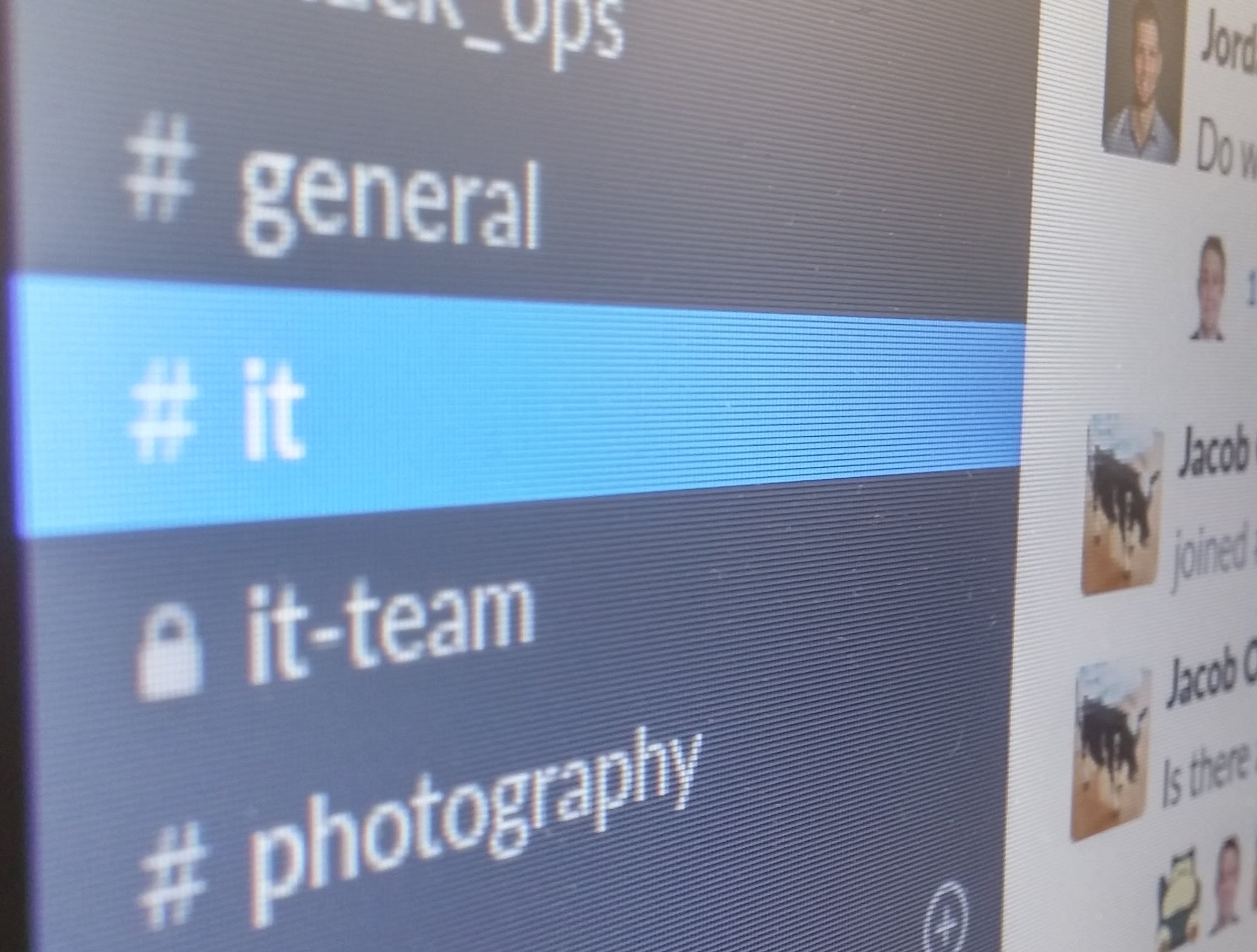
5. Don’t allow tasks (or people) to be forgotten
Let me describe a typical day in IT. I will come in a bit earlier than everyone else to pretend that I will have some time to get caught up on things. I will start going through emails from last night to figure out what new tasks I have, what existing tasks people are anxious to have completed, and what emails are spam or ignorable. Around 9:00 a.m., a couple people will tell me that their password expired and needs to be reset (I literally had to stop writing this paragraph at 8:42 a.m. to reset someone’s password). Around 9:30 a.m., someone will usually message me to let me know they left their computer at home and want to know if there is a loaner computer that they can borrow. As I am going to get their computer, someone will stop me to ask a random question. When I get to their desk, I will see something wrong in a neighboring conference room that needs to be fixed. On the way back to my desk, someone else will stop me to work on a request that needs to be done right away. When I get back to my desk, I will have a handful of new emails and Slack messages that require my attention. My point is that there are a lot of people contacting me all the time, and tasks can easily be lost or forgotten. I have implemented several systems to ensure that tasks will not be forgotten, such as email drafts, Slack snoozing, and a ticketing system.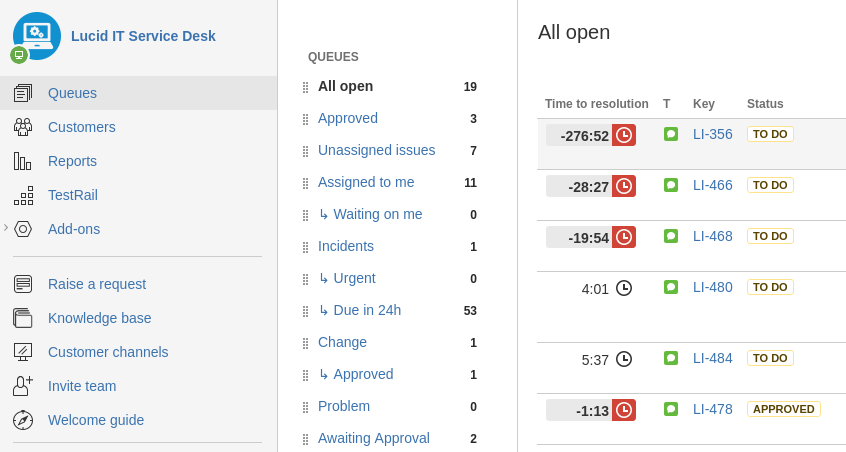
6 through 42. Stand out (leave a positive impression)
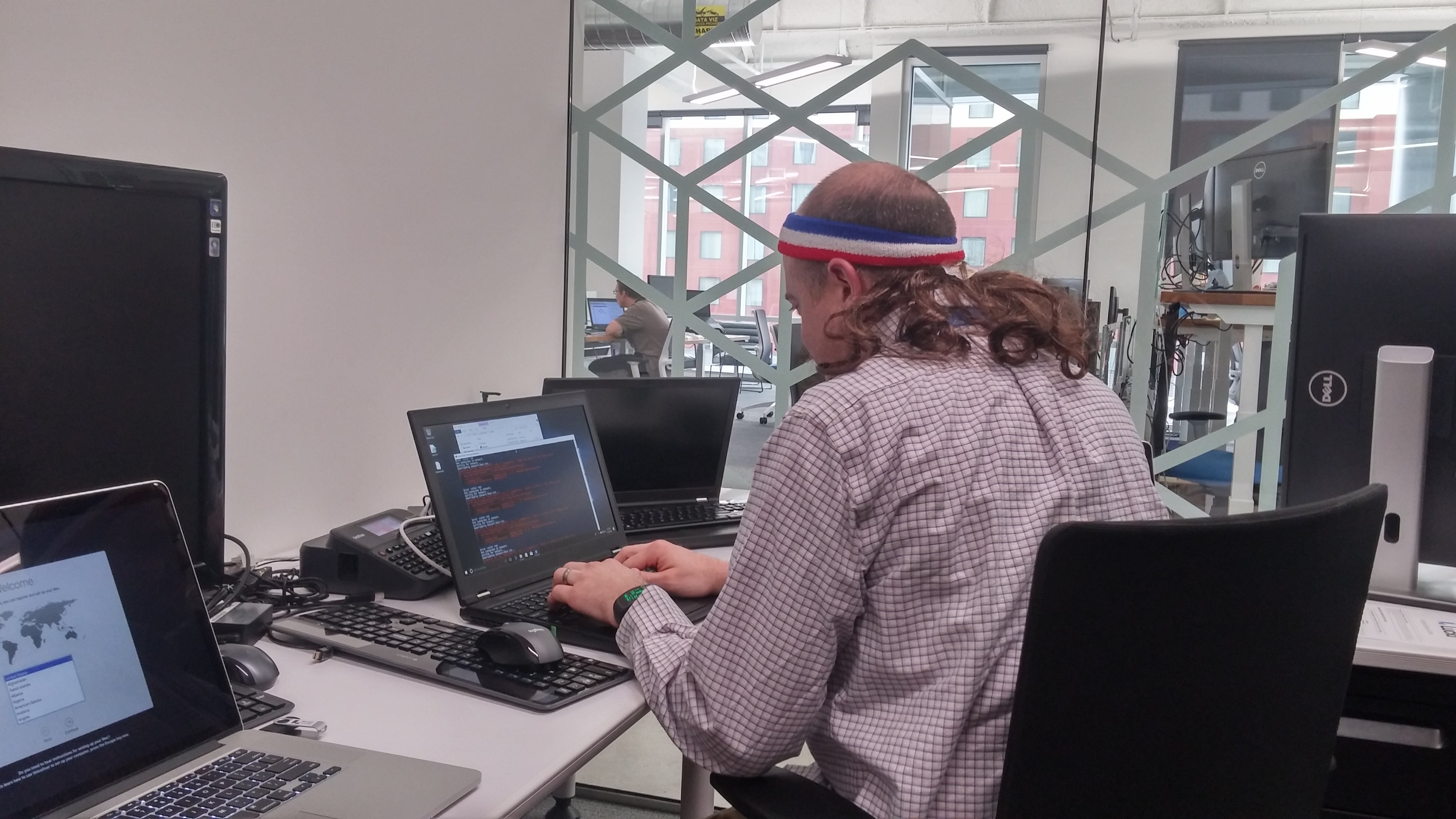
About Lucid
Lucid Software is the leader in visual collaboration and work acceleration, helping teams see and build the future by turning ideas into reality. Its products include the Lucid Visual Collaboration Suite (Lucidchart and Lucidspark) and airfocus. The Lucid Visual Collaboration Suite, combined with powerful accelerators for business agility, cloud, and process transformation, empowers organizations to streamline work, foster alignment, and drive business transformation at scale. airfocus, an AI-powered product management and roadmapping platform, extends these capabilities by helping teams prioritize work, define product strategy, and align execution with business goals. The most used work acceleration platform by the Fortune 500, Lucid's solutions are trusted by more than 100 million users across enterprises worldwide, including Google, GE, and NBC Universal. Lucid partners with leaders such as Google, Atlassian, and Microsoft, and has received numerous awards for its products, growth, and workplace culture.
